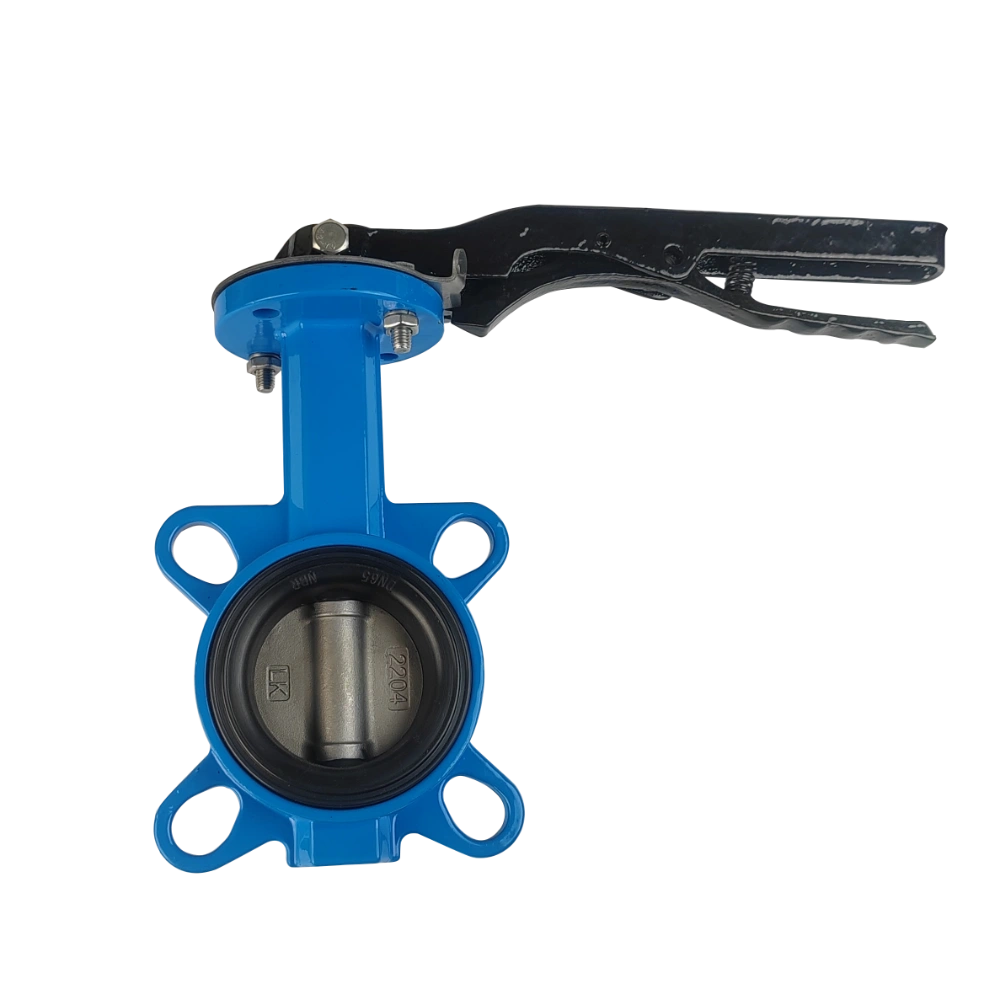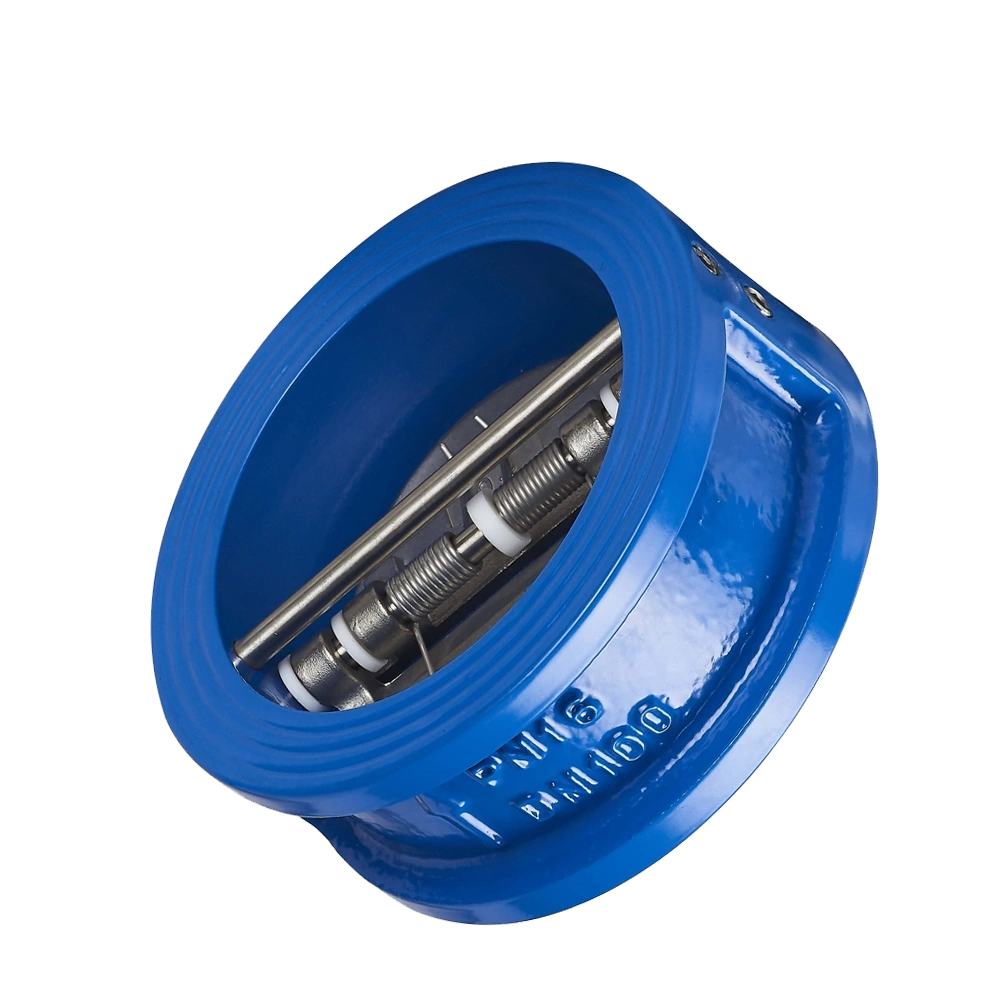The world of valves is vast. They are critical for diverse industries, including oil, gas, and petrochemicals. Valves’ main purpose is to regulate the flow of liquid. But do you know if there are certain API standards for valves? Proper standards ensure the longevity and functionality of the valves.
Here is a blog that explores API valve standards and why they are essential. Our experts have also discussed the benefits of complying with them.
Overview of Key API Standards for Valves
API stands for American Petroleum Institute (API), the organization that develops these standards. Each API standard signifies a different feature set for the valves. The API mark ensures that the valves meet strict quality and performance criteria. Here is a look at the important API valve standards:
-
API 600
API 600 covers steel gate valve design, testing, and performance. The standard is mainly followed in the petroleum and natural gas industries. Such valves can handle high pressures and temperatures.
-
API 602
API 602 applies to compact steel gate valves used in piping systems. These valves are smaller in size and used in compact spaces. The API 602 ensures that despite their smaller size, the valves are reliable.
-
API 603
Next comes API 603, which features corrosion-resistant gate valves. These valves are made from materials like stainless steel or nickel alloys. Such material can withstand harsh chemical environments.
-
API 607
API 607 focuses on valve fire testing. It ensures that certain valves can continue functioning even when exposed to fire. This is critical for valves used in areas with high fire risk, such as refineries.
-
API 608
API 608 standard covers metal ball valves. It ensures that ball valves can function well even in rigorous conditions.
-
API 609
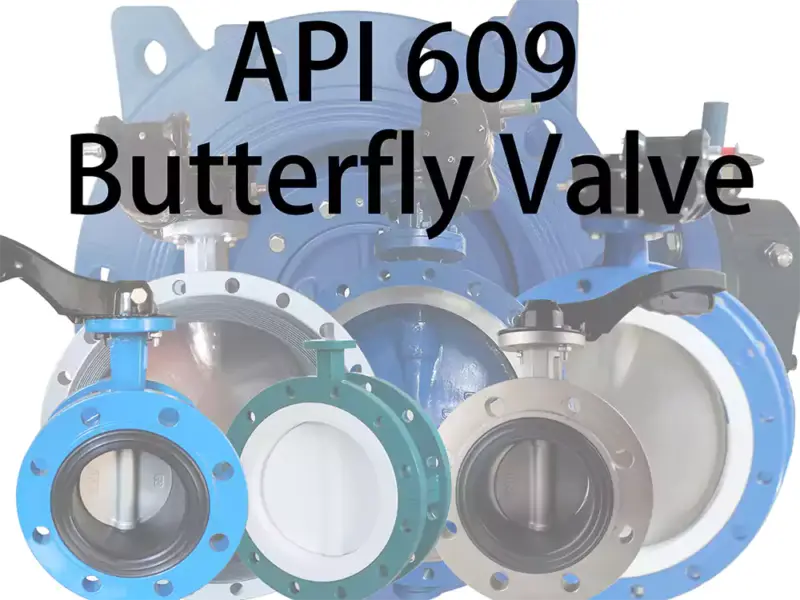
API 609 valves are often used to regulate flow in larger pipelines. A common example is butterfly valves. The standard guarantees effective functioning even in high-utility environments.
-
API 594
API 594 check valves, which are generally used to prevent backflow in piping systems. This standard ensures that these valves can perform well in high-pressure environments.
-
API 6D
API 6D governs pipeline valves, including ball, check, and gate valves. The 6D valves are essential for controlling the flow of gas or liquids through pipelines.
-
API 6FA
API 6FA focuses on fire testing for pipeline valves. It is quite similar to the API 607 standard. Such valves can continue functioning during and after exposure to fire.
-
API 598
API 598 covers valve quality testing. It ensures that the valves function well in certain conditions. This includes pressure testing to confirm leak-tight performance and operational reliability.
-
API 6A
API 6A applies to the wellhead and Christmas tree equipment. It includes the set of valves used in oil well drilling and extraction. The 6A ensures that these valves are robust and function in deep-well operations.
Importance of API Standards for Valves
Now that you know what API standards mean, you might wonder about their importance. API standards ensure that the valves meet the high demands of various industries. Here are major reasons why these standards are essential:
Ensure Compliance with Regulations
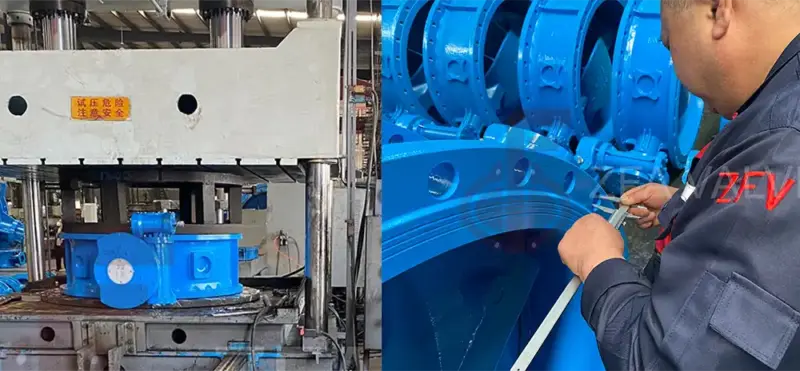
The first reason is that API valve testing standards ensure compliance. Each industrial sphere has its own set of safety regulations. API valve testing standards serve diverse regulatory demands, helping industries avoid legal concerns. All industries need is to choose the right valve to serve their purposes. For example, where there is a risk of fire, industries must invest in valves complying with API 6A.
Promote Interchangeability and Compatibility
Another issue that large industries face is incompatibility between two valves. Different types of valves or valves from different brands don’t blend. However, the case is different with API-compiled valves. API ensures that different models and brands of valves can function well together. Thus, engineers need not worry about using different valves in the same system.
Guarantee Quality Assurance
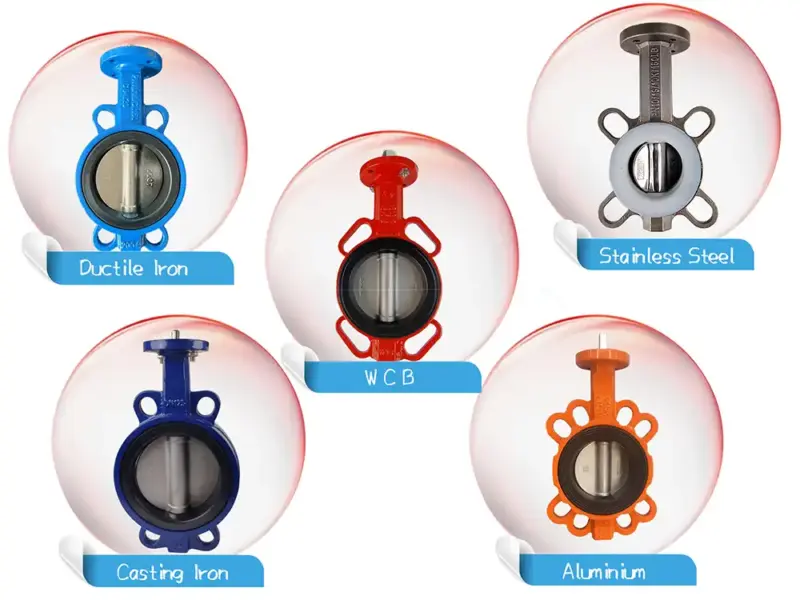
Products undergo rigid inspection procedures to qualify for API standards for valves. Quality tests consider everything from raw materials to performance. By ensuring the finest quality, API builds buyers’ confidence in the product.
Ensure Safety and Reliability
One of the most important aspects of API standards for valves is the focus on safety and reliability. Valves are crucial in controlling the in/out flow of dangerous chemicals. If they fail, the results can be fatal. Adhering to API standards allows the industrial valve manufacturer to ensure that the valves perform well. In simple words, it reduces the possibility of malfunctioning.
Key Benefits of Complying with API Standards
Adhering to API valve standards provides several benefits to both manufacturers and users. Here’s a look at some of the main advantages:
API Standards Build Product Credibility
By aligning with API standards, manufacturers can mark credibility. API is one of the globally accepted standards for by-parts. Moreover, customers and stakeholders trust the API tag as a hallmark of the product. Customers are more likely to be satisfied with valves that meet API criteria. Thus, the standards help build long-term customer relationships.
Market Access and Acceptance
As mentioned, API standards are globally recognized. Thus, valves complying with API standards are definitely accepted worldwide. As a manufacturer, complying with API opens your doors to international markets.
Reduced Liability and Risk
Complying with API also reduces the risks of quality failures. As we know, valve failures can lead to dangerous situations. Industries may even end up with expensive repairs and lawsuits. API compliance reduces the chances of defective pieces, resulting in fewer recalls and customer complaints.
A Way Forward
In conclusion, valves contribute to sustainable growth and long-term success. Valves aligning with API standards are popular for their quality and functionality. Even in critical scenarios, API valves build credibility.
API valve testing standards benefit both buyers and manufacturers. If you invest in API-compliant valves, you need not worry about performance. Meeting the finest industry standards, API-qualified valves assure 100% customer satisfaction. By compiling with API, the valve industry can maintain global safety standards. Manufacturers can access different industries and opportunities to earn a border market.

